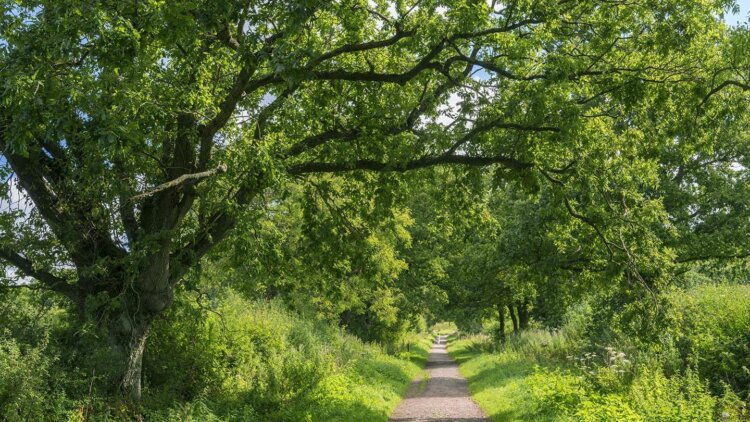Harold Jones is a New Zealander, educated at Cambridge University, where he was awarded an Exhibition to read English. His poetry has been widely published in UK and NZ literary journals. He has been a prize-winner in national UK and NZ poetry competitions, and, as a lyricist, in the UK Songwriting Contest, the largest such event in the world. A selection of his work in AUP New Poets Four (Auckland University Press, 2011), drew the UK review, “this excellent poet, a kind of Ted Hughes crossed with Bukowski,” with a further selection, Curriculum Vitae (Xlibris, 2014), reviewed in NZ as “downright incredible.” His work has won the acclaim of pre-eminent critics and poets: among them, Al Alvarez, “I like the elegance and control, the drive to say something rather than just to cut a fashionable figure," and Ted Hughes, “I hear a real voice, a real movement of mind cutting through resistances.” In the US his poems appear in Merion West and VoegelinView.

